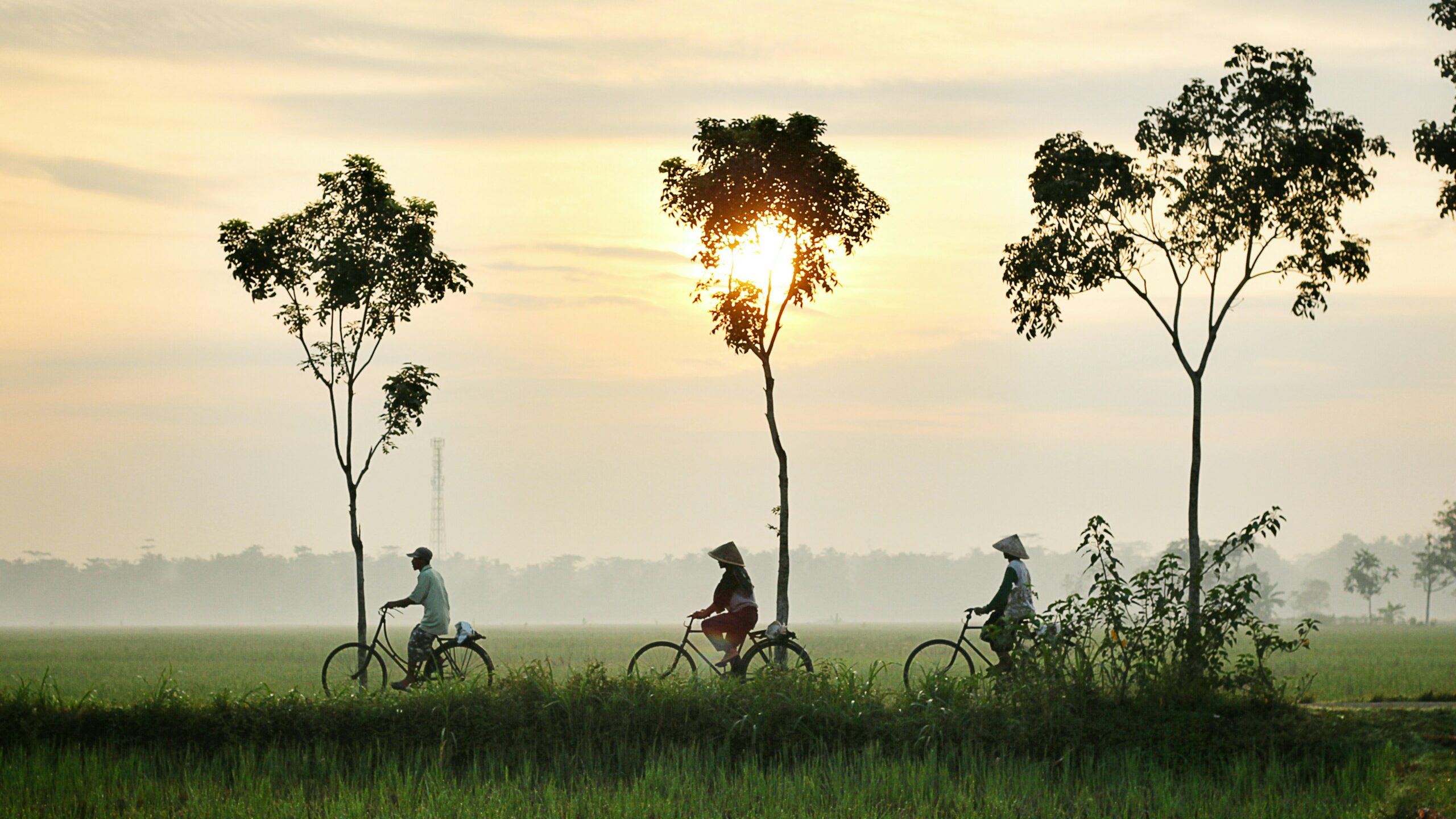
Land Conflict and Climate Change: Behind the Tensions that Threaten the Future
26 March 2025 Blogsphere / Latest News 0 CommentLand and natural resource conflicts continue to escalate alongside rising global temperatures. In Indonesia, the response to climate change has yet to include meaningful efforts to address land conflicts. In fact, efforts to tackle climate change through adaptation and mitigation, particularly in the land and forestry sectors, stem from the […]
Read More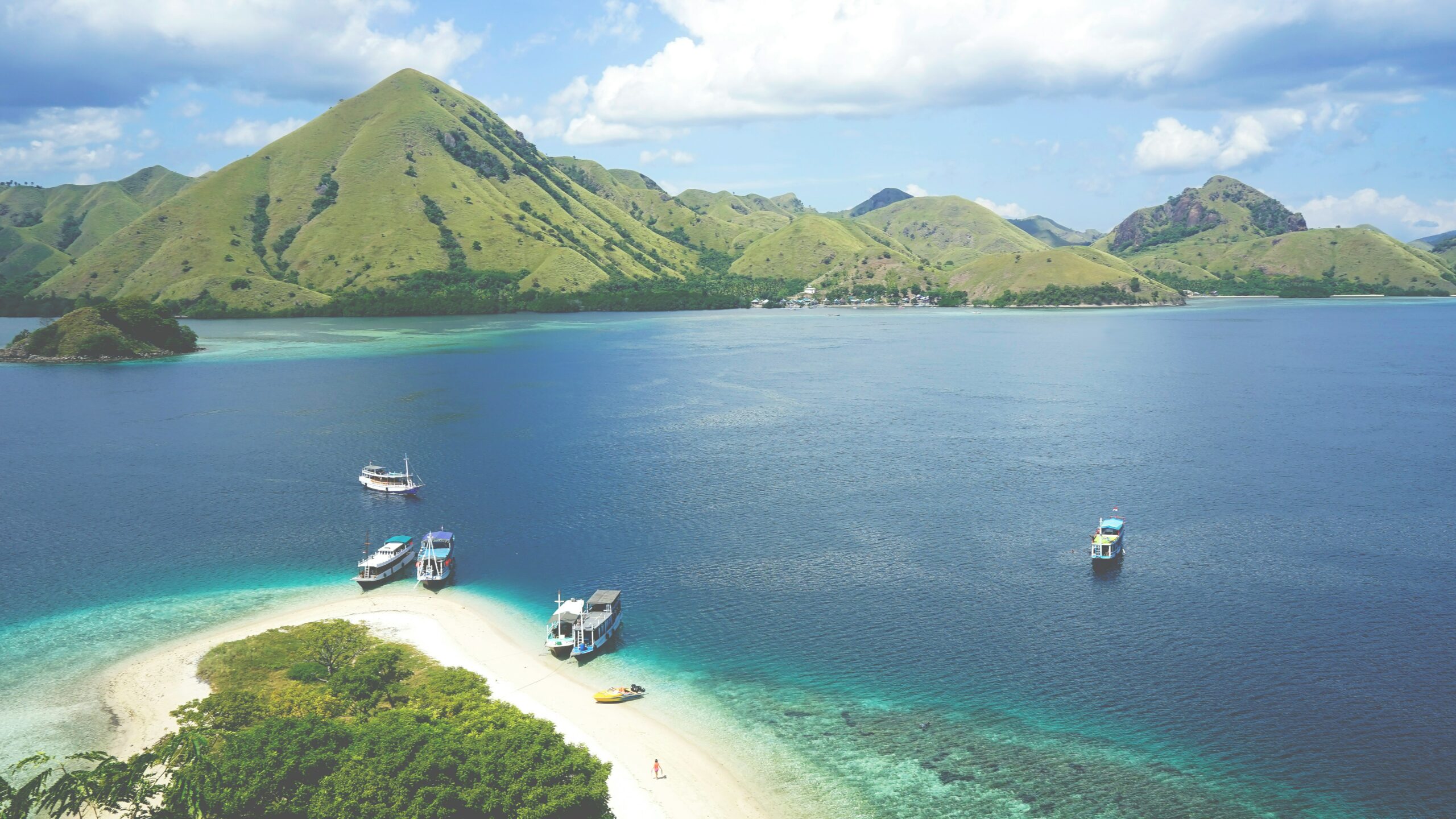
Conflict Handling from the Perspective of Local Wisdom: Opportunities and Challenges
30 January 2025 Blogsphere / Latest News / Newsfeed 0 CommentIndonesia has a rich tradition of local wisdom that guides our lives in countless ways. When it comes to solving problems or resolving conflicts, we have a special approach called “musyawarah untuk mufakat.” It’s all about getting everyone together to hash things out and find a common ground. This practice […]
Read More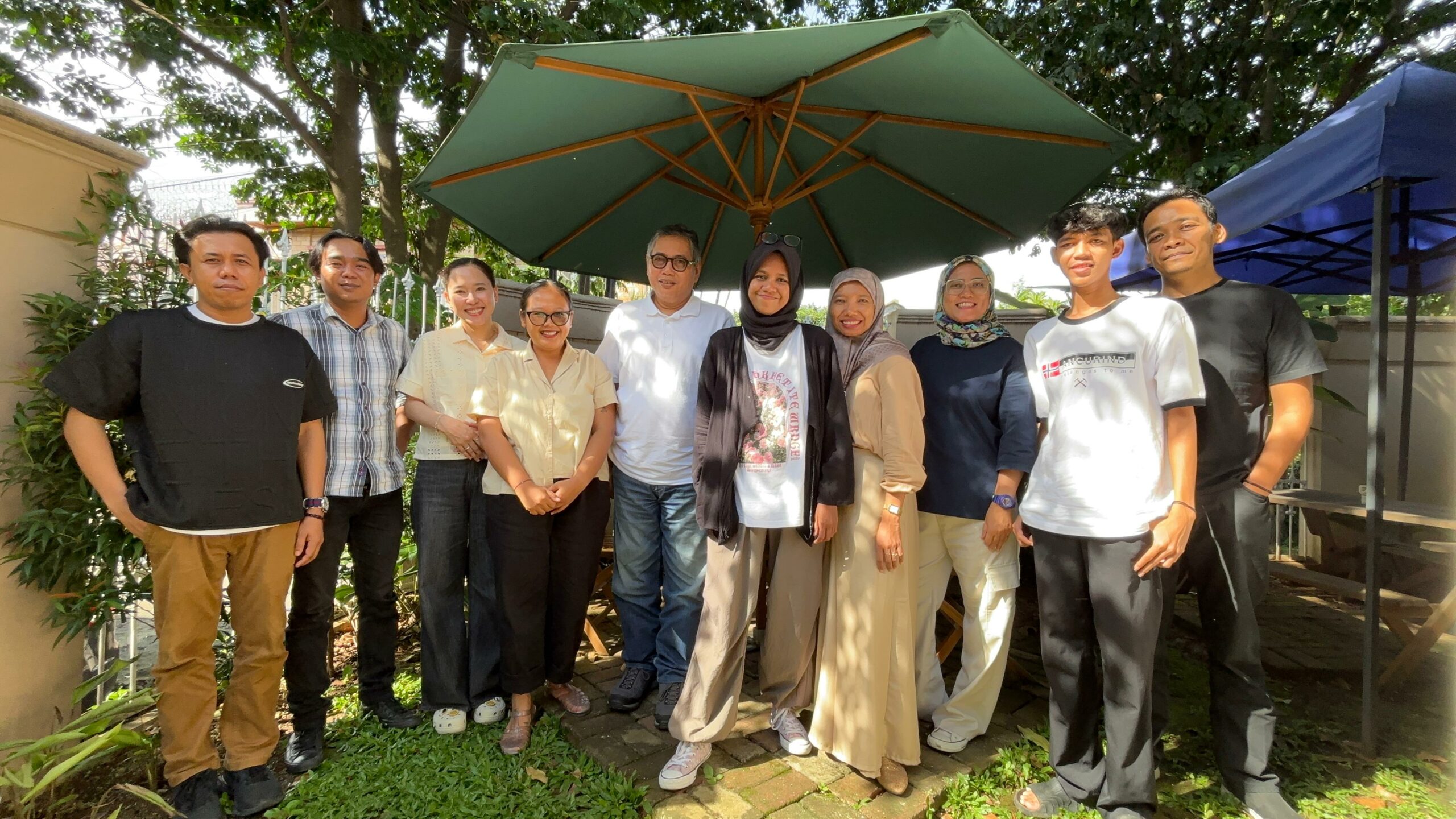
A Retrospective on CRU Indonesia’s Organizational Development and Prospects for the Year 2025
20 December 2024 Blogsphere / Latest News / Newsfeed 0 CommentThe close of 2024 marks almost a year since CRU Indonesia embarked on its journey as an independent association, following its launch on February 7, 2024, in Jakarta. Like a person growing into adulthood, CRU Indonesia is evolving, shaping its organizational identity and capabilities. Guided by the shared vision and […]
Read More
Inclusive Land and Natural Resources Conflict Management
2 December 2024 Latest News 0 CommentLand and natural resource conflicts always involve various parties with different interests. To resolve these conflicts in a fair and sustainable manner, the first and most important step is to conduct an inclusive study or assessment, as an affirmative action for vulnerable groups and women. These assessments are at the […]
Read More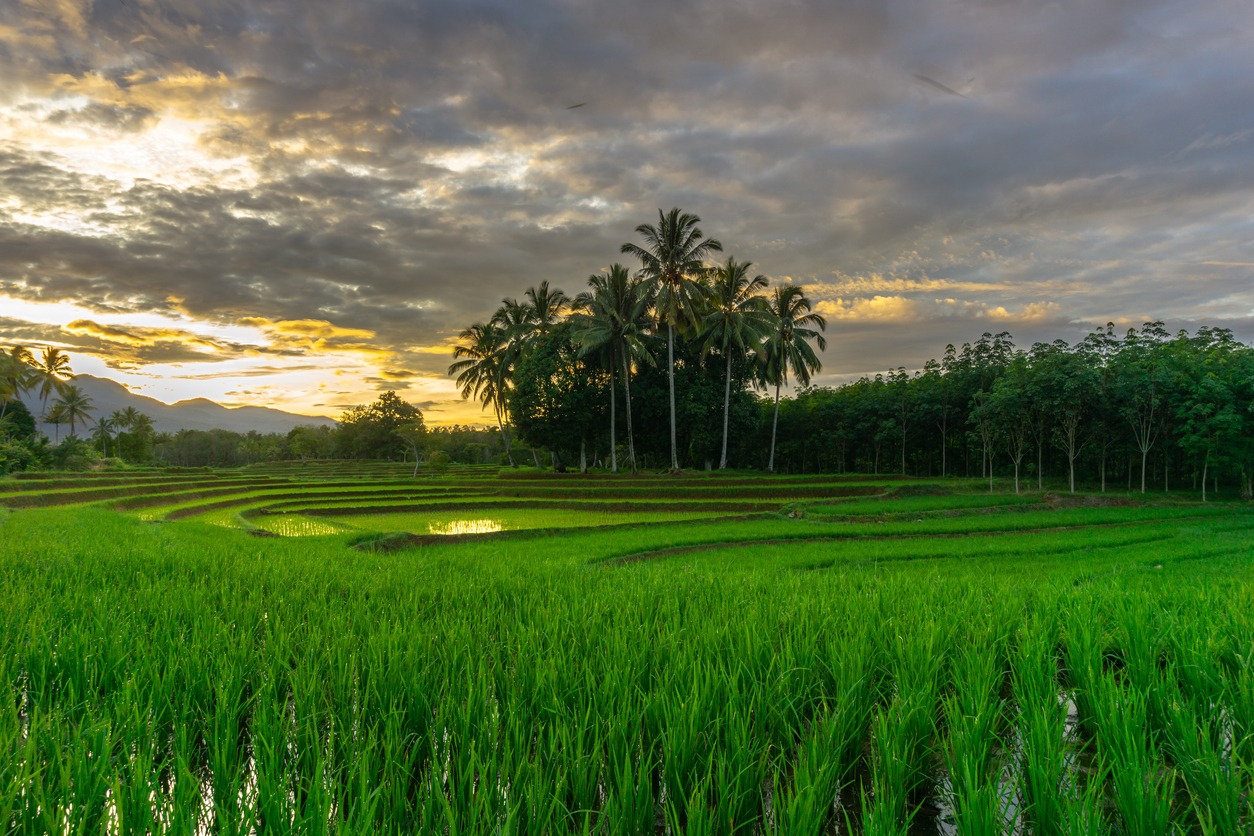
Transmigration Conflict: An Unpaid Policy Debt
28 October 2024 Blogsphere / Latest News / Newsfeed 0 CommentThe transmigration program in Indonesia, which was initiated during the colonial era in 1905 in Gedong Tataan, Lampung, remains in effect until present day. The implementation of transmigration following independence began on December 12, 1950, as evidenced by the departure of transmigrants from Kedu, Central Java to Lampung. This date […]
Read More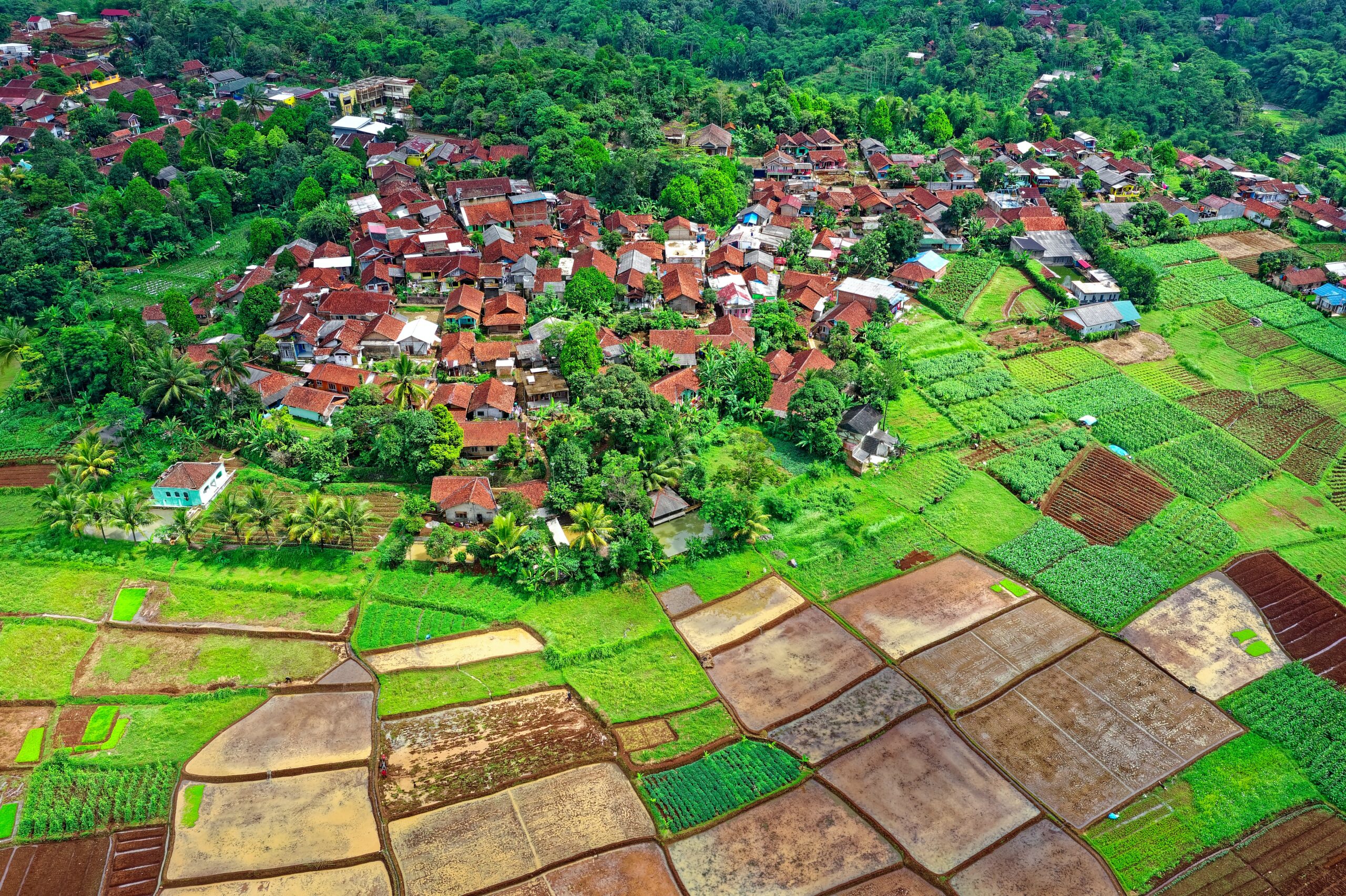
Interests, Roles and Opportunities of Academia in Conflict Risk Reduction and Land and Natural Resources Conflicts Handling.
26 September 2024 Blogsphere / Latest News / Newsfeed 0 CommentAs a country rich in natural resources, Indonesia often experiences conflicts over land and natural resources. These conflicts often involve multiple stakeholders, such as indigenous or local communities, companies, governments, and even international institutions. These conflicts are exacerbated by the conflicting interests of economic growth, environmental conservation, and the welfare […]
Read More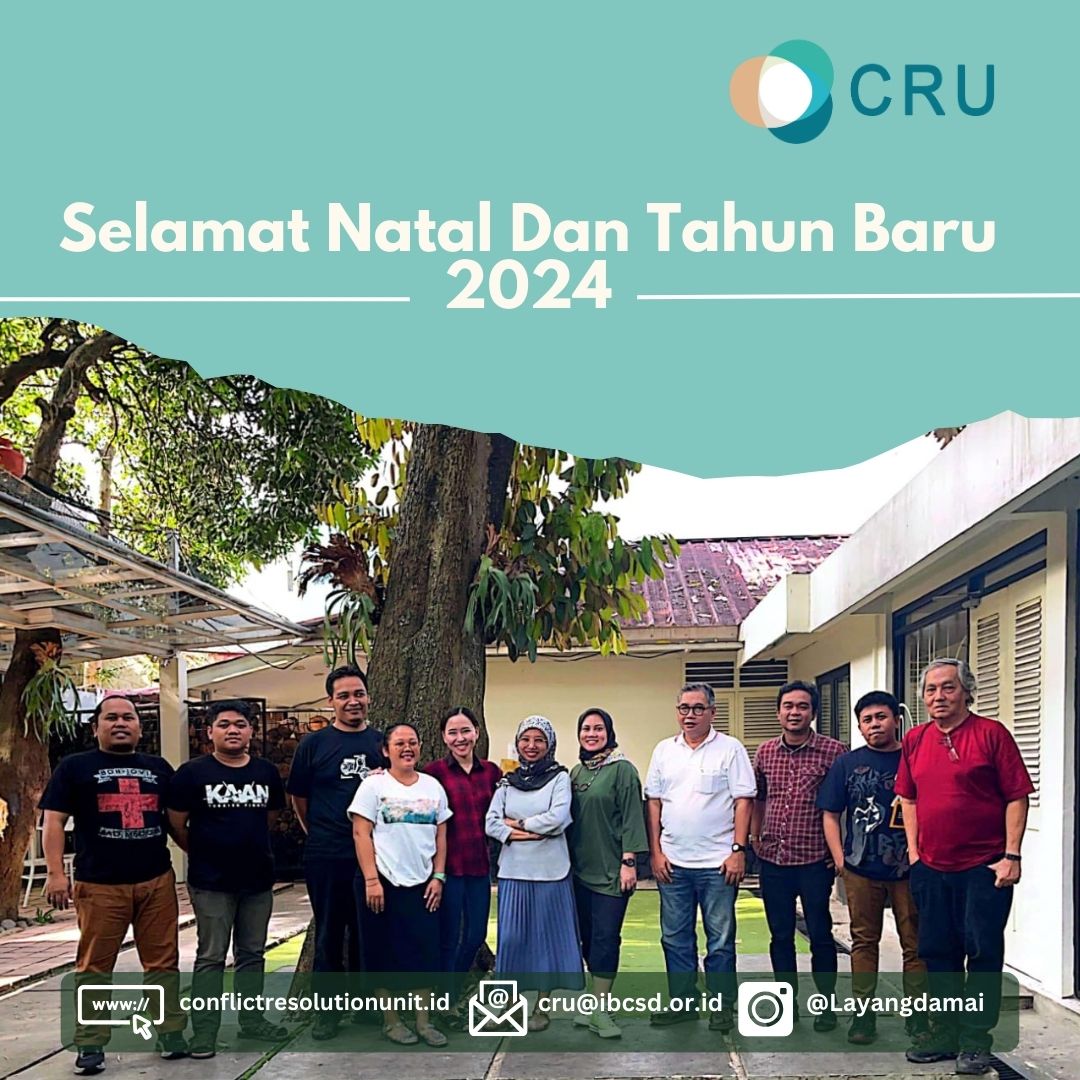
An Expression of Gratitude from CRU: Building Sustainability Together
22 December 2023 Blogsphere / Latest News / Newsfeed 0 CommentCRU has been working to develop and strengthen its institutional foundations, in order that in the upcoming years it can contribute, although small and limited, yet meaningful in the great effort of handling land and natural resource conflicts in development. We have been supported by various parties in this effort. […]
Read More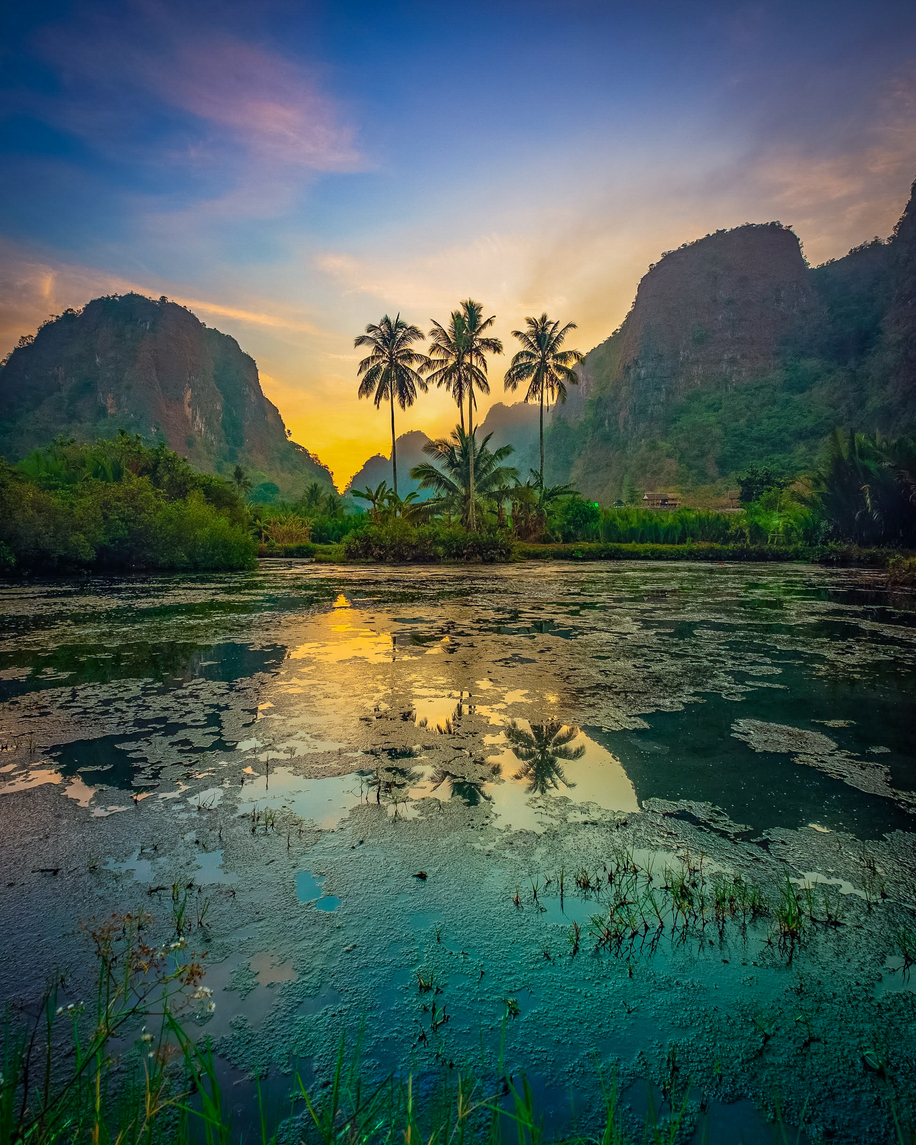
Challenges of Handling Conflict During Elections
28 November 2023 Blogsphere / Latest News / Newsfeed 0 CommentAmid the frenzied wave of elections, where the public spotlight is on the political stage, behind the scenes, the problems of land conflicts and exploitation of natural resources continue to simmer in the background. In addition to the big question of the relevance of elections with so many problems and […]
Read More
Mediation and Structural Inequality
7 November 2023 Blogsphere / Latest News / Newsfeed 0 CommentIn our capacity as an organization dedicated to addressing land and natural resource conflicts in Indonesia, with a focus on promoting dialogue and collaboration through mediation, we have received inquiries from multiple stakeholders regarding the feasibility of our approach. Specifically, concerns have been raised regarding the effectiveness of mediation in […]
Read More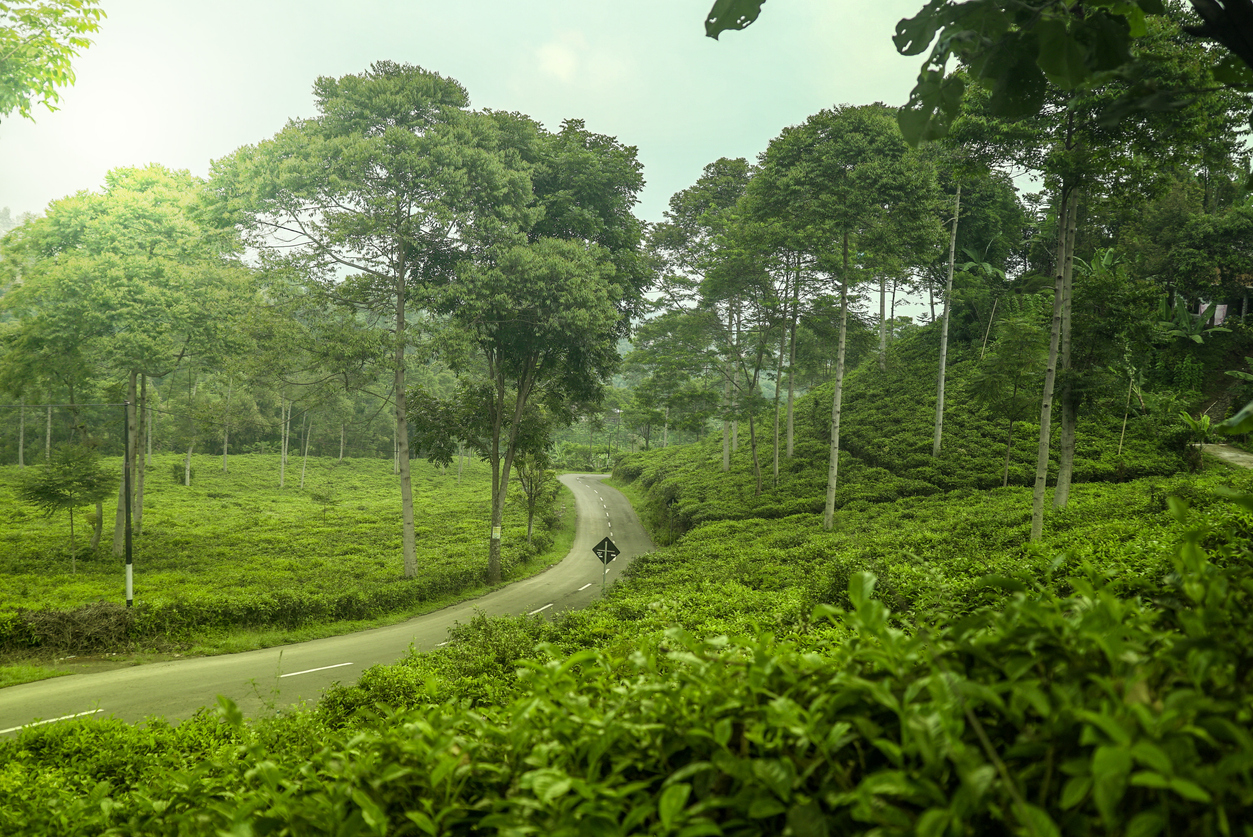
Challenges in Sharing Lessons Learned from Handling Agrarian and Natural Resources Conflicts from the Local to the Upstream Level
8 September 2023 Blogsphere / Latest News / Newsfeed 0 CommentIn development efforts, especially in the management of agrarian and natural resources, conflict is inevitable. It is evident that this is a hindrance to the progression of the development process as a whole. Numerous attempts have been made to address these conflicts, and one of the models of conflict resolution […]
Read More- 1
- 2
